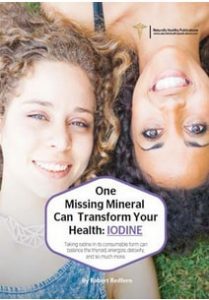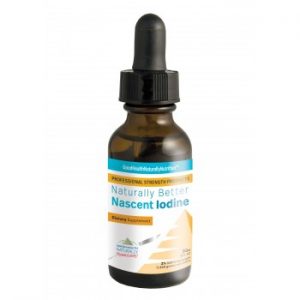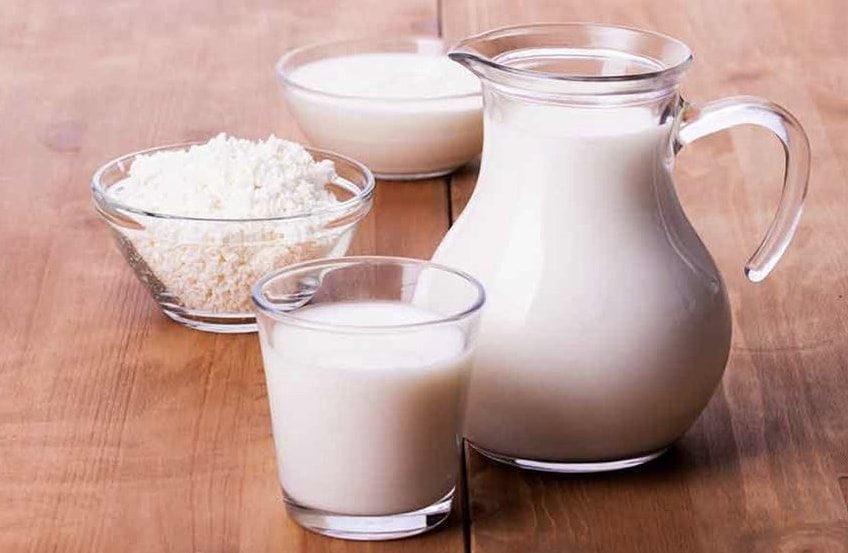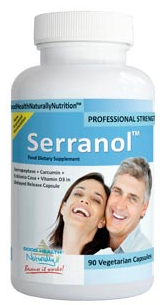Almond, coconut, hemp, oat or rice milk contain virtually no iodine, according to a recent study published in the British Journal of Nutrition. The milk alternative samples were analysed at LGC, the UK’s National Measurement Laboratory for chemical and bio-measurement.
Researchers looked at 47 different milk alternatives including almond, soya, coconut, oat, rice, hazelnut and hemp milk. They discovered that they did not have adequate levels of iodine compared with cow’s milk. Concentrations were found at about 2% of the levels found in cow’s milk. This first study of its kind suggested that cow’s milk and dairy products are a main source of iodine within the average UK diet.
Iodine is necessary for making thyroid hormones, and it also is essential for fetal brain development. Low iodine levels during pregnancy are also linked with lower IQ and reading scores in children up to the age of 9 years old.
Lecturers in Nutrition are worried that people who avoid dairy milk ,for example for allergy or lactose intolerance, may not be getting enough iodine in their diet. Most milk alternatives are not fortified with iodine and their iodine content is therefore very low. People who avoid milk and dairy products are therefore recommended to ensure they get enough from other dietary sources such as white fish or to take an iodine supplement.
Margaret Rayman, Professor of Nutritional Medicine at The University of Surrey stressed the importance of getting enough of this vital dietary mineral. “A glass of a milk-alternative drink would only provide around 2 mcg of iodine which is a very small proportion of the adult recommended iodine intake of 150 mcg/day,” she says. “In pregnancy, that recommendation goes up to 200 mcg/day.” In fact, the longest living people on the plant have up to 3000mcg in their diet.
Are You Getting Enough?

Iodine forms an essential part of good health. If you don’t drink dairy however (and there are many healthy reasons not to as this article explains), supplementing is a good option.
If you’re experiencing one or all of the symptoms of iodine deficiency, or an iodine-deficiency-related disease, you need to supply your body with iodine in a form it can use.
Sadly, potassium iodide in table salt can be harmful in large amounts, and modern foods are mineral-depleted. It’s highly recommended to supplement with Nascent Iodine as in its atomic form – consumable and paramagnetic – as this is highly preferable to its molecular form.
Taking 1-3 drops of Nascent Iodine in a half ounce of water each day, may be enough to correct a mild-to-severe iodine deficiency when followed along with a healthy diet and lifestyle.
Journal Reference:
Journal Reference: Sarah C. Bath, Sarah Hill, Heidi Goenaga Infante, Sarah Elghul, Carolina J. Nezianya, Margaret P. Rayman. Iodine concentration of milk-alternative drinks available in the UK in comparison with cows’ milk. British Journal of Nutrition, 2017; 1 DOI: 10.1017/S0007114517002136
Recommended Reading
ONE MISSING MINERAL CAN TRANSFORM YOUR HEALTH: IODINE – Learn about the amazing benefits of Iodine and how this mineral can have a transformative effect on your health and wellness with this free ebook. Written by renowned health coach and nutritionalist, Robert Redfern of Naturally Healthy Publications. – Learn about the amazing benefits of Iodine and how this mineral can have a transformative effect on your health and wellness with this free ebook. Written by renowned health coach and nutritionalist, Robert Redfern of Naturally Healthy Publications. |
Recommended Examples
Nascent Iodine – This can promote increased energy and immunity levels within the body. Improves thyroid health and hormone production. – This can promote increased energy and immunity levels within the body. Improves thyroid health and hormone production.
Short-term symptoms of iodine deficiency may also include brain fog, tingling hands and feet, constipation and a slowed metabolism, depression, anxiety, fatigue, high cholesterol, insomnia, swelling, and weight gain. Take 1-3 drops of Nascent Iodine in a half ounce of water each day. Available from Good Health Naturally. |





